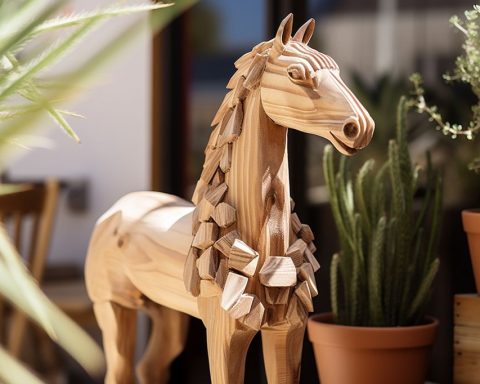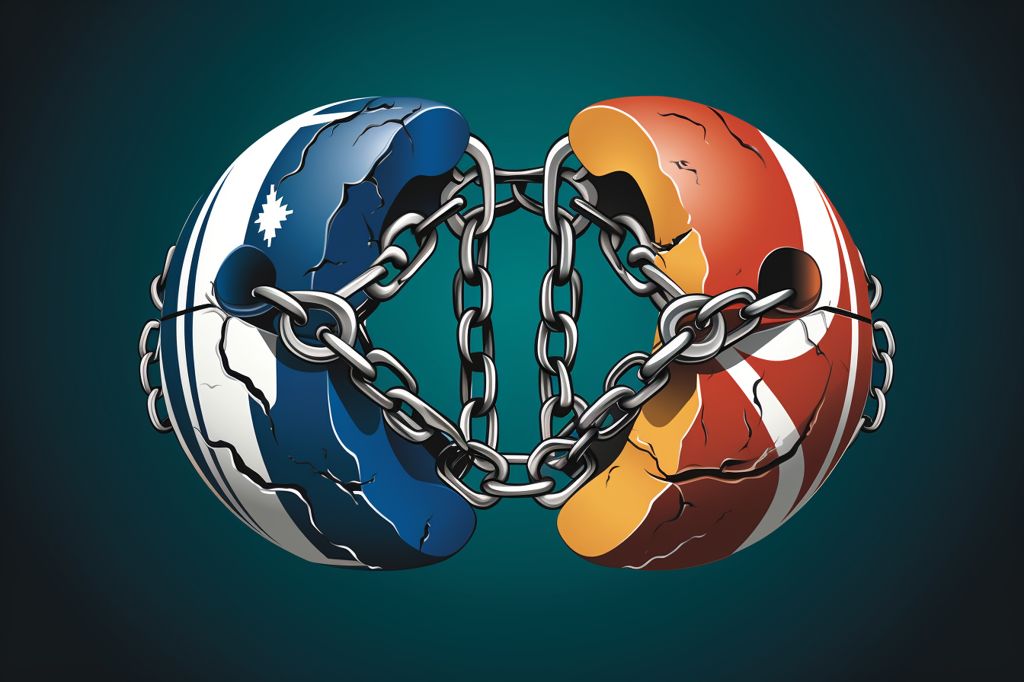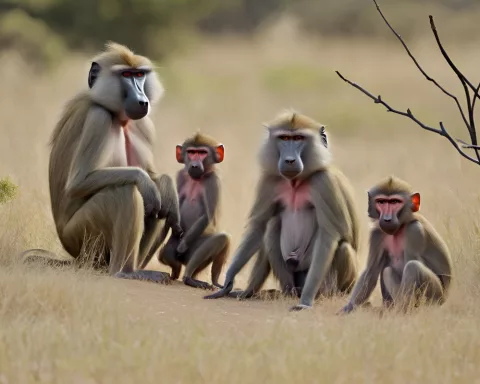As society becomes more environmentally conscious, people are turning towards sustainable and eco-friendly alternatives. Insect-based pet food has gained popularity as a viable option for our canine companions. This article explores the world of insect-based dog food, looking at the benefits, the drawbacks, and the potential risks.
Insect-Based Dog Food: A Nutritious and Sustainable Option
For pet owners, the primary concern with insect-based food is whether it provides the necessary nutrition for their dogs. The good news is that insects, such as crickets and grubs, are considered to be nutrient-dense, providing high-quality protein essential for maintaining a dog’s health. Thus, from a nutritional standpoint, insect-based dog food is a safe and beneficial option to consider.
Insect-based pet food addresses ethical and environmental concerns as well. Traditional beef and poultry farming practices have raised various issues, including animal welfare and environmental degradation. Insect farming offers a more sustainable alternative that requires fewer resources like farmland and water. As a result, environmentally-conscious pet owners are increasingly turning to insect-based dog food.
Moreover, for dogs with food sensitivities or allergies to common protein sources such as chicken or beef, insect-based pet food can be a welcome alternative. Like other novel protein sources, such as bison, venison, and lamb, insect protein may be more tolerable for pets with specific food sensitivities.
Potential Drawbacks
Despite the benefits, there are potential downsides to consider when opting for insect-based dog food. Firstly, taste preferences may vary among dogs, and your furry friend might not find insect-based food palatable. Consequently, switching to this alternative may require a period of adjustment and experimentation.
Additionally, it is essential to consider any potential allergies your dog may have. Pets with shellfish allergies, for example, might also be allergic to insect protein. Therefore, it is crucial to monitor your dog’s reaction when introducing insect-based food to their diet.
Lastly, it is important to note that scientific research on insect-based diets for pets and humans is still limited. The long-term suitability and potential risks, such as bacterial contamination and antibiotic resistance, have yet to be fully assessed. Further research is needed to provide a more comprehensive understanding of the implications of insect-based pet food.
The Future of Insect-Based Dog Food
As we continue to explore sustainable and nutritious alternatives for our pets, insect-based dog food holds promise as a viable option. Its potential benefits, including environmental sustainability and catering to pets with specific dietary needs, are worth considering. However, pet owners should also be aware of the potential drawbacks and keep an eye on ongoing research to make informed decisions regarding their dog’s diet. Insect-based pet food may not be a perfect solution, but it undoubtedly represents an innovative and eco-friendly approach to feeding our furry friends.












